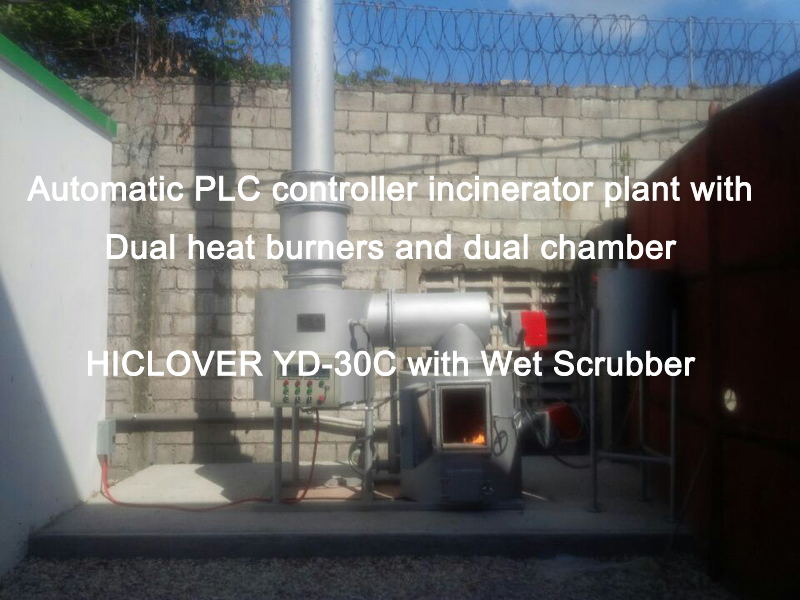Inside the Controversy: Hospital Incinerators and Public Health- hospital incinerator

Hospital incinerators have long been a source of controversy when it comes to public health. While these facilities are essential for the safe disposal of medical waste, concerns have been raised about the potential health risks they pose to both patients and the surrounding community.
One of the main issues with hospital incinerators is the release of harmful pollutants into the air. These facilities burn a wide range of materials, including plastics, chemicals, and pharmaceuticals, which can release toxic substances such as dioxins, heavy metals, and volatile organic compounds. These pollutants can have serious health effects, including respiratory problems, cancer, and neurological disorders.
Another concern is the impact of hospital incinerator emissions on the local environment. Studies have shown that these facilities can contribute to air and water pollution, as well as the release of greenhouse gases that contribute to climate change. In some cases, incinerator emissions have been linked to an increased risk of asthma, heart disease, and other health problems in nearby communities.
In response to these concerns, many hospitals have taken steps to reduce their reliance on incinerators and implement safer waste management practices. This includes the use of alternative technologies such as autoclaves, microwaves, and shredders to sterilize and dispose of medical waste. Some hospitals have also implemented recycling programs to reduce the amount of waste that needs to be burned.
Despite these efforts, hospital incinerators remain a contentious issue in many communities. Residents living near these facilities often raise concerns about the potential health risks they pose, and some have called for stricter regulations and monitoring of incinerator emissions.
It is clear that hospital incinerators can have a significant impact on public health and the environment. While these facilities are necessary for the safe disposal of medical waste, it is important for hospitals to take steps to minimize the risks they pose to the community. By implementing safer waste management practices and investing in alternative technologies, hospitals can help protect both public health and the environment.